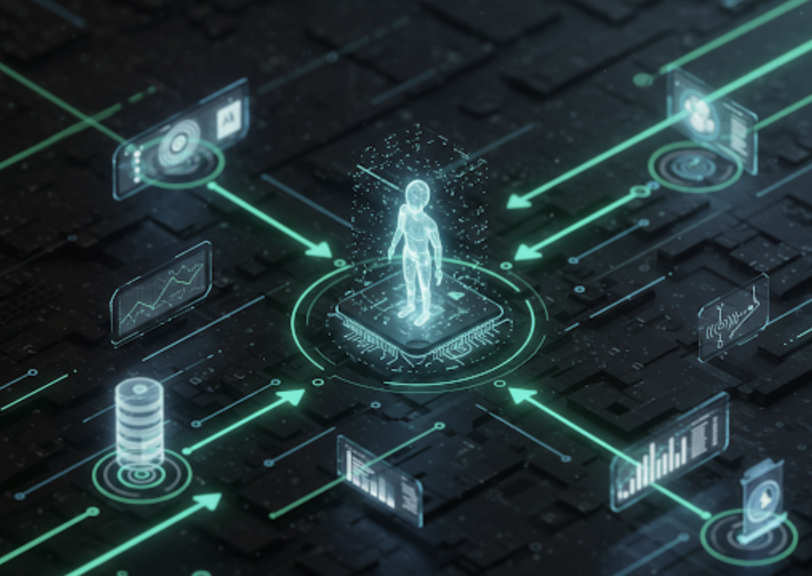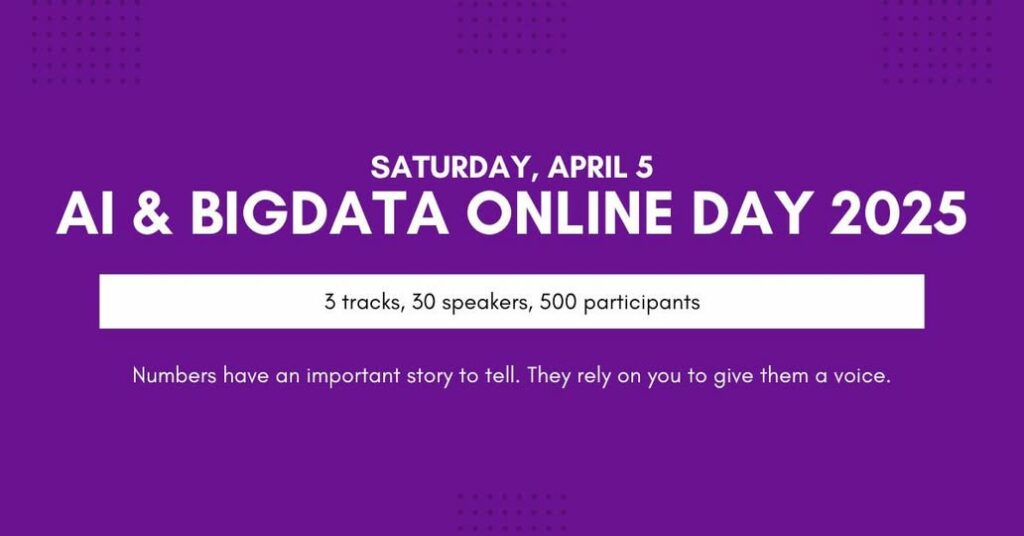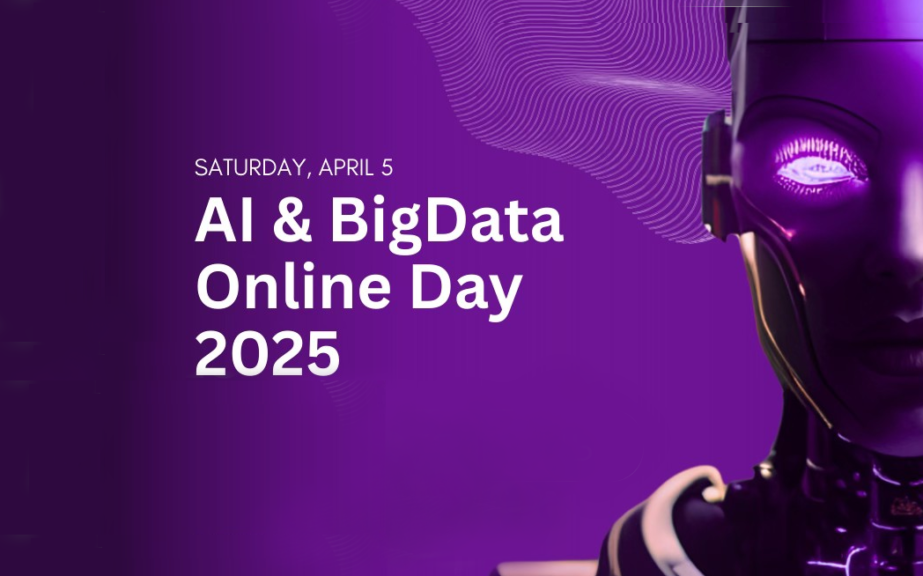AI Agents are automating Data Science, challenging the traditional role of Data Scientists. Unlike AutoML, these Agents handle the full workflow autonomously, with advanced capabilities, signaling a major shift in the field.
Key Factors Driving the Change:
- Autonomous Operation: AI Agents manage the full Data Science lifecycle, not just isolated parts.
- Democratized Access: Platforms like Hugging Face, LangChain, and orchestration tools make AI development more accessible.
- Evolving Tech Stack: The shift to flexible data handling, user-friendly tools, and pay-as-you-go pricing models accelerates adoption.
Industry Implications and the Future of Data Science:
The rise of AI Agents necessitates a redefinition of the Data Scientist’s role. Professionals are expected to transition from routine algorithm development to strategic AI management, focusing on:
- AI Agent architecture and orchestration.
- Business-AI translation.
- AI ethics and governance.
- Data and knowledge engineering.
- Human-AI collaboration.
Companies that embrace AI Agents and adapt their workforce will gain a significant competitive advantage. Conversely, those that resist this transformation risk obsolescence, echoing historical examples of companies that failed to adapt to technological shifts.
The Future:
Businesses that embrace AI Agents will gain a competitive edge, as the technology redefines data-driven operations. The journey towards more advanced AI Agents requires significant investment in technology, data, and talent.
Experience the future of AI Agents with MindCraft. Contact us to schedule a consultation today and discover how we can help you achieve your goals.
Source: Data Science Central



